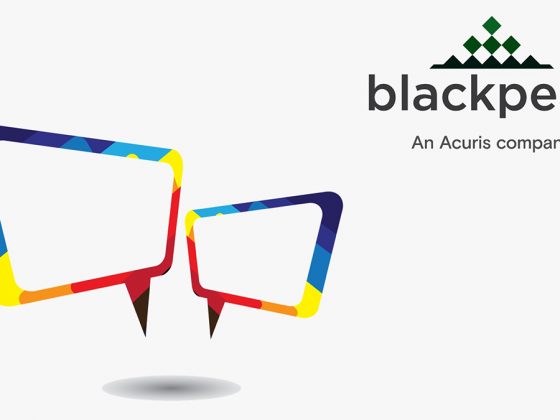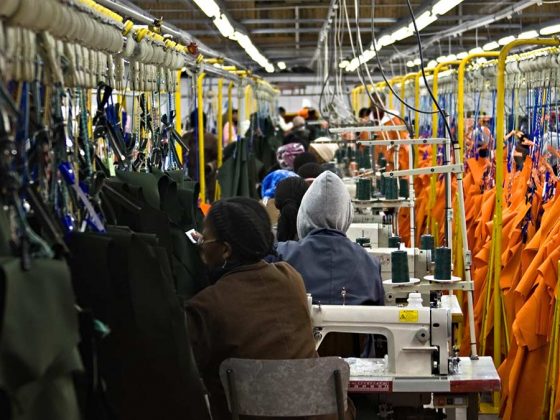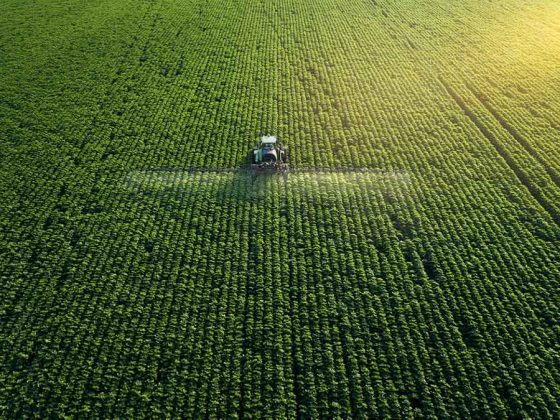Post the Philippines’ elections, Blackpeak shares its views on the incoming Duterte regime and how it may affect investment risks in the Philippines.
Overview: “Philippines for Filipinos”
Foreign ownership in the Philippines remains a very sensitive topic domestically and the “Philippines for Filipinos” lobby is a powerful one. The country operates a list of industry sectors reserved exclusively for Filipinos and a list that restricts the amount of equity (at various levels) foreign investors can own in local companies within certain sectors. Changing the list, known as the Foreign Investment Negative List, in favor of opening up the market always causes fierce debate in Congress and is generally difficult to do. Aquino tried and succeeded to a limited extent to open up certain sectors by Executive Order. The list is now in its tenth version.
Incoming President, Duterte, has said he will open up the economy further to foreign investors, but it remains to be seen if, when and how that will happen: much about Duterte remains unclear. As things currently stand, our view is that the Philippines has the most restrictive foreign investment laws of the main ASEAN economies. And, even if the laws are changed in favour of foreigners, de facto, the economy remains heavily weighted against foreign investment (see more below).
New Presidency
Rodrigo Duterte, the incoming President, presents foreign investors with a material risk in the Philippines since so little is currently clear as to what his administration will look like and what kind of President he will turn out to be. He was sworn in on June 30 and gets a single six year term. He has spoken about constitutional change and adopting more of a federal approach, but that will be challenging to pull off in one term.
Duterte ran Davao, the Philippines’ “third” city (after Manila and Cebu) for the past 30 years. He turned it from a basket case – rampant crime and poverty – into a clean and safe city that attracted considerable foreign investment. This was achieved via some very tough, and at times extra-judicial, methods that, nonetheless, proved a hit with the local population yearning for safer streets and better job opportunities.
Duterte is regarded at home as a tough talking reform-minded politician. Some appallingly crass and ill-considered statements made during his election campaign, as well as belligerent comments made in the direction of mainland China and Singapore relating to the South China Sea, mean that he is regarded by the foreign political and investment community with some circumspection and a bit of a “loose cannon”.
However, since being elected President by a very clear margin, Duterte has toned down the rhetoric and focused (at least initially) domestically. He has already vowed to reintroduce the death penalty (suspended since 2006) for serious crimes and says he plans to introduce a curfew post 10 p.m. daily for children, punishing parents for violations. He has maintained his threats to clean up the country’s drug problem by assassinating drug dealers. These draconian at times, extreme measures are generally very popular in the Philippines, where the majority of the population remains despondent over the Manila political elite, which, they believe, carve up the economy for themselves in cahoots with political allies.
Income disparity remains stubbornly high despite years of GDP growth and, unemployment and underemployment remain serious problems, especially in the provinces. Most Filipinos agree that it “is about time” that the Philippines is run by someone who “tells the Filipinos what to do and makes them do it.” One of Duterte’s great appeals to voters was simply that he doesn’t come from the Manila political or business elite.
Outlook
Duterte appears to be a capable leader, who is able to command respect, authority and get things done. For these reasons, we are cautiously optimistic about the prospects for his presidency. If Duterte can tackle corruption (and early signs are encouraging) and can start to improve the lot of the average Filipino, he will have achieved a great deal in his six-year term. One of the clues to his leadership qualities in our view is how from a position of relative obscurity less than a year ago, Duterte trounced all of the presumed frontrunners for the Presidency. It is a remarkable achievement and speaks much about the man himself as well as his election team, and augurs well for his ability to appoint good people. We shall see.
On the negative side, Duterte hasn’t really said all that much about his plans for the economy and it is not clear what his administration will look like, although candidates are emerging, many former colleagues from Davao. It will be critical to see good solid appointees capable of policy execution, who can command the respect of Congress as well as the populace. In a snub to the Manila elite, Duterte has even vowed to run his administration from Davao.
Philippines’ Investment Risks
Aside from the new Presidency, plenty of other risks await investors. Here is a non-exhaustive of our “favorites”:
1. An Oligopolistic Market
Even if the Foreign Investment Negative List is radically overhauled, de facto, it will remain difficult for foreign investors to enter many domestic sectors This is because so much of the economy of the Philippines is already tightly controlled by a small number of very powerful and rich families.
The country probably has the highest concentration of wealth in the smallest number of hands of any of the five large economies in ASEAN.
As a foreign investor, if you want to invest in real estate, banking and finance, retail & consumer, telecoms, utilities, for example, you will inevitably come up against one of the key business families. These families operate from an effective oligopolistic position and will make it very hard for foreign competition to gain an effective foothold in the market. That remains a material issue that is very unlikely to change in the near to medium term.
2. Corruption Pervasive
Corruption remains a major problem in the Philippines and is ingrained in life in almost every facet. Duterte has talked already about banning “express service” and issuing a time limit for the approval of all permits, licences and the like of 72 hours. That is a radical proposal. Right now, corrupt civil servants across the board solicit bribes from the public for such approvals by the offer of unofficial “express service” approvals. If he can crack this, it will be a huge achievement. Key will be the enforcement and he will also need to review salaries for all manner of civil servants, police, armed forces and so on, since this is a root cause of the problem. Obviously, that comes with budgetary and fiscal considerations. It is worth noting that the Aquino administration made impressive strides in improving the business competitiveness of the Philippines in terms of company start ups, licences and the like, but the problem of corruption in bureaucratic processes is still significant.
3. Weak Legal System
The legal system in the Philippines represents a key risk for foreign investors. Based on the US legal system, Filipino law is overly complex, slow in execution and corrupt. Aquino made some initial attempts to improve the situation by impeaching Chief Justice Corona, a midnight appointment by Arroyo, but things haven’t really moved on from that.
Enforcing a contract in the Philippines for a foreign investor is like a gamble with the house odds stacked against you. Local counter parties can exploit the system to their own ends and influence judges to achieve desired outcomes. Any overhaul of the legal system is going to take years and will likely cause uproar in Congress, especially the Senate. We are skeptical about the chances for real reform of the legal system without fundamental constitutional change.
4. Markets Regulation
The Bangko Sentral Ng Pilipinas (BSP), the country’s central bank, is one of the best-run central banks in Asia. Long since independent for all practical purposes of political interference, the BSP, along with the overseas remittances, has bailed out the country and saved the Peso on countless occasions. Banks are well regulated and over capitalized, although there are too many of them. Investors should watch non-performing loans, however, as the real estate market starts to overheat. We see early signs of that starting.
In contrast to the BSP, The Securities and Exchange Commission is under funded and politicized. The current Chair is a capable technocrat who has made sensible reforms and, fortunately, she survives the change in administration. The agency remains underfunded (although steps are being taken to address that finally) and market enforcement is superficial at best, although improving. Insider dealing remains a problem on the Philippine Stock Exchange, which is also heavily politicized and resistant to reform.
5. Violence and Crime
Still a problem for the Philippines, but in our view as much an issue of image and perception as reality. Duterte has reached out to Communists and the peace treaty signed by the Aquino administration with Muslim rebels in the Bangsamoro autonomous region in southern Philippines has had a positive effect. Yet, pockets of violence and serious crime persist in the country, especially in the south, with criminal gangs, often claiming loose affiliation with Islamic extremists, extorting money from kidnap and ransom. Duterte’s threat to issue shoot-to-kill orders to armed forces may eradicate the problem, but at what human cost?
6. Geopolitics
We see this is an increasingly worrying risk for the Philippines. The situation in the South China Sea is a real concern with China ramping up construction on disputed islands and increasing flash points emerging over disputed fishing and mineral rights. The Philippines Coast Guard arrested recently several Chinese fishing vessels in Philippines’ waters illegally fishing while falsely flying Philippines’ flags. These seemingly small incidents can escalate quickly against a backdrop of the bigger geopolitical picture in the region, especially if Duterte’s campaign belligerence continues into his Presidency.
Recent pronouncements from the President-elect, however, strike a more conciliatory tone. Key to the Philippines’ position will be whether the United States (the former colonial power) supports the country in the face of any China aggression. If that happens, matters could quickly go kinetic. Our view is that the United States will not back the Philippines in an out-and-out confrontation: a negotiated settlement with China still appears the most likely outcome.




